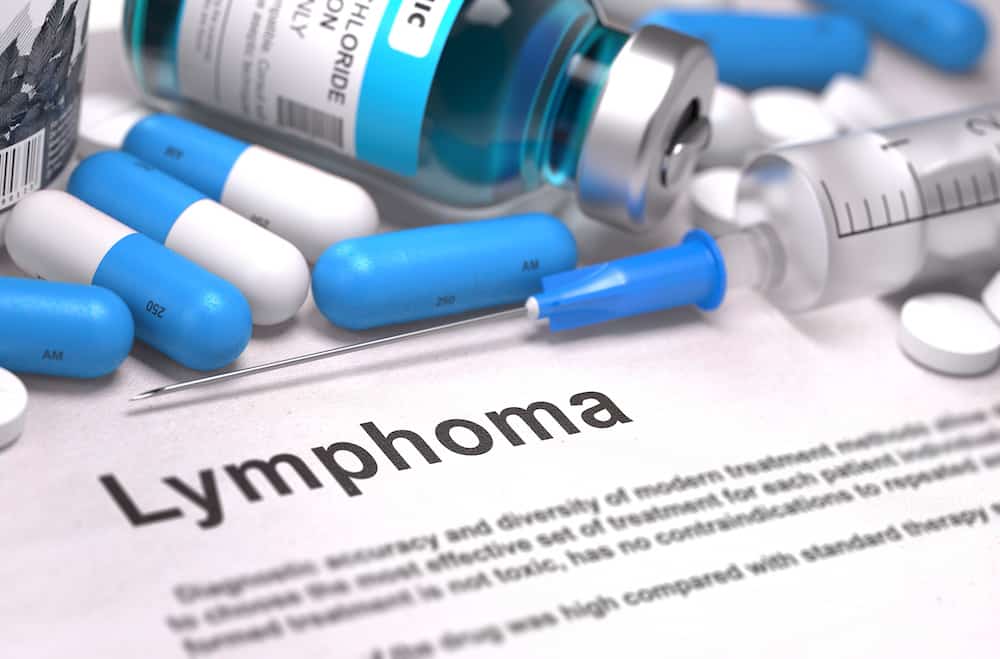Treatment options

Treatment of Hodgkin and non-Hodgkin lymphoma depends on the stage and subtype of lymphoma. It also depends on you because your doctor will recommend treatment, and you’re free to accept the treatment regime or not.
Medical treatment starts with induction therapy, which is more aggressive and has side effects that you need to discuss with your doctor. The goal of induction therapy is to obtain a remission of the disease (stop growing and return affected tissues to normal). When you reach the remission stage, mild treatment is established for maintenance to prevent a recurrence of the disease.
This treatment involves radiation therapy and chemotherapy:
- Radiation therapy: It is beneficial in patients with early-stage disease. It is targeted to a particular area or organ affected by the disease.
- Chemotherapy: It is imperative in more advanced cases and used in combination with radiation therapy. This systemic therapy enters the bloodstream and attacks cancer cells regardless of the location.
- Other therapies: There is biological therapy against lymphoma that includes monoclonal antibodies, vaccines, and other means to stimulate the immune system and make your own bodywork against cancer.
